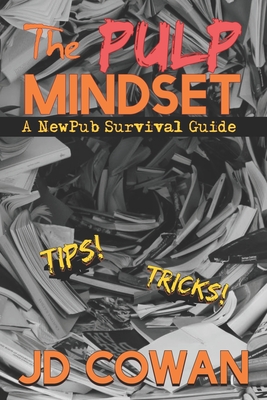What do you think?
Rate this book


75 pages, Paperback
Published July 22, 2020
The rules are actually very simple. In fact, there’s only one really big law no writer should ignore: Don’t violate the reader’s trust. You can deliver plot twists to your audience; you cannot promise them an action story and then deliver a non-fiction account of dolphin riding in Florida. Give them what they came for. Subversion is not a synonym for “good” and it is about time that becomes common knowledge once more.
…
Unfortunately, many modern writers (especially in OldPub) cannot help showing how brilliant their twists are, which leaves their potentially exciting stories limp and flat with nothing to them but said shallow table flip.
…
Do not risk trying to fool your readers by deceiving them with flashy twists that undercut the beginning of the story. It will not end well for you.
Low art deals with visceral and tangible goals and stakes, while high art deals with ephemeral and heady concepts…If you wish to be a pulp writer, you must master the craft of low art creation.
…
If you’re reading a book by Dostoevsky or Flannery O’Connor, you are not there to be greeted with fast-paced stories of heroes shooting villains and rescuing space princesses. This sort of fiction exists for an entirely different reason than the pulps.